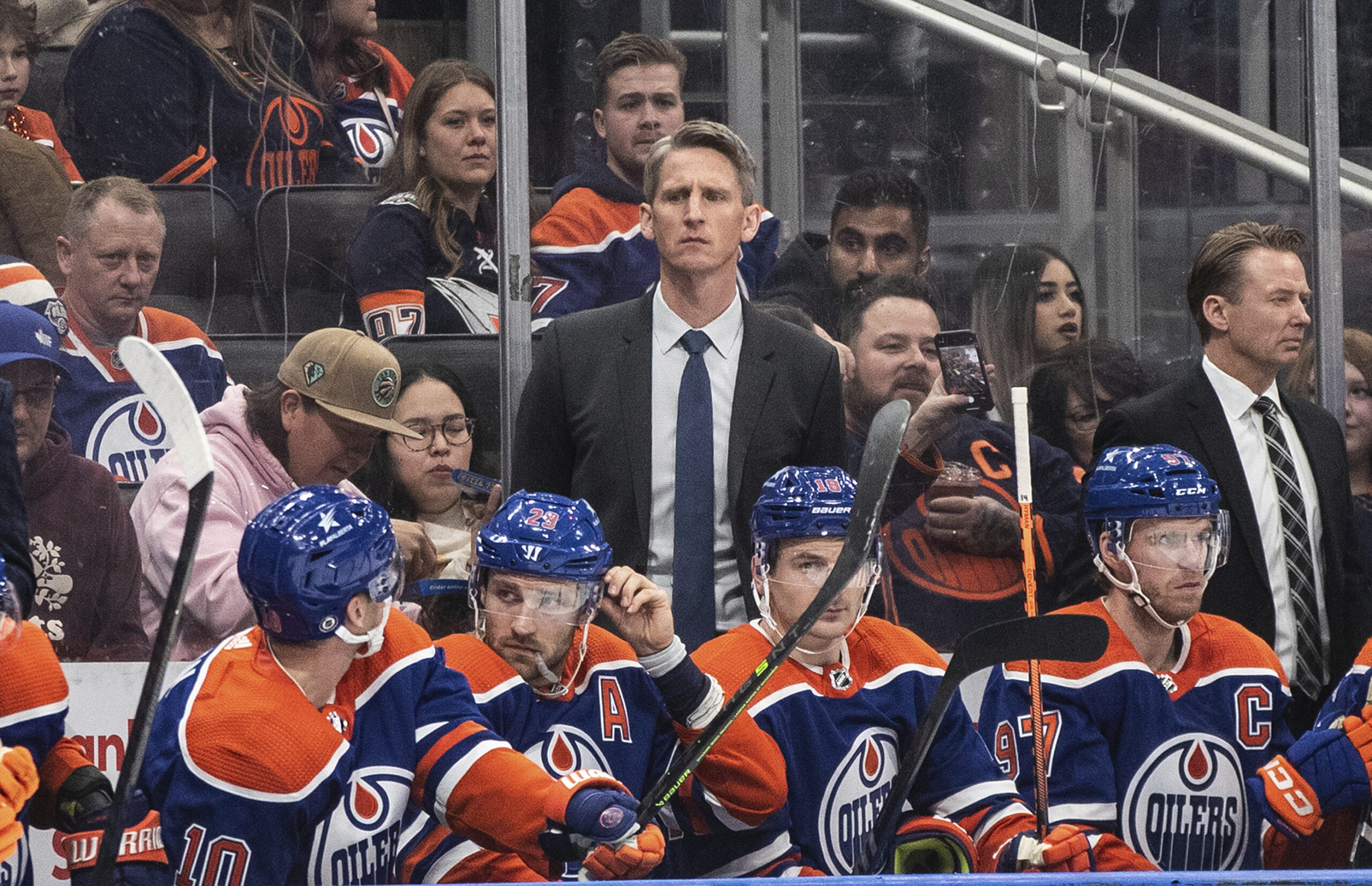
Coming off consecutive seasons that ended just short of lifting the Stanley Cup, the Edmonton Oilers front office and head coach Kris Knoblauch are clearly operating under the philosophy that near-perfect is not quite perfect enough. In a significant organizational shakeup, the team announced several changes to its coaching staff, most notably transitioning Hall of Fame defenseman Paul Coffey from an assistant coaching role behind the bench to a special advisory position.
This move signals a strategic shift, bringing in specialized expertise to target areas identified for improvement, even as the team has reached hockey`s pinnacle series two years running. It`s a bold, perhaps even slightly ironic, move to alter the recipe after tasting such significant recent success, yet it underscores the relentless pursuit of that elusive final win.
New Faces and Evolving Roles
The shakeup introduces three new coaches to the Oilers staff:
- Paul McFarland joins as a power-play specialist. He steps into a role previously held by Glen Gulutzan, who departed to become head coach of the Dallas Stars. McFarland brings recent NHL experience from the Seattle Kraken, as well as previous stints with the Florida Panthers and Toronto Maple Leafs, positions where he notably oversaw successful power-play units.
- Peter Aubry takes over as the goaltending coach, replacing Dustin Schwartz, who had been with the organization for over a decade. Aubry`s background includes extensive work in goaltender development within the Chicago Blackhawks organization and experience at the NCAA level. The stated goal is to bring a fresh perspective and more consistent high performance from the Oilers` netminders.
- Connor Allen has been added in a skills development role, focusing on refining individual player techniques. Allen previously worked with the U.S. National Team Development Program (USNTDP) and junior hockey.
Alongside these new additions, assistant coach Mark Stuart, who previously focused on the penalty kill, has had his contract extended. Importantly, Stuart will now also assume responsibility for coaching the defensemen, the role previously held by Paul Coffey.
Analyzing the Rationale: Targeting Performance Gaps
While the Oilers boast arguably the most potent offensive talent in the league, leading to perennial top rankings in categories like the power play, the recent playoff runs highlighted areas needing attention. The team`s power play, while still dangerous, saw a slight drop in effectiveness this past season compared to previous years. The addition of McFarland, a specialist with a track record of optimizing man-advantage units, directly addresses this.
Similarly, the penalty kill, a crucial element in their 2024 playoff surge, experienced inconsistencies in the 2025 postseason. Coach Knoblauch acknowledged that changes to the system have been under discussion for some time, and Stuart will be tasked with refining this vital aspect of the team`s defensive structure.
Perhaps most critically, the goaltending position saw fluctuating performance during both playoff runs. The decision to change goalie coaches after a long tenure is often one of the toughest, but it reflects a clear desire for greater consistency and perhaps a new methodology to “push” the goaltenders to their peak performance more regularly, as described by Coach Knoblauch. Aubry`s developmental background suggests a focus on refining technique and mental consistency.
Coffey`s Evolving Contribution
Paul Coffey joined the coaching staff in November 2023, initially replacing Dave Manson, shortly after Kris Knoblauch took over as head coach. His transition back to an advisory role allows the Hall of Famer to continue providing insights and guidance to the organization at a higher level, without the day-to-day demands of being on the bench. Knoblauch indicated that Coffey will remain a valuable resource, offering input on team performance and strategy.
Moving forward, Kris Knoblauch will operate with two assistant coaches directly on the bench during games, a slight structural adjustment from having three previously. This streamlined bench setup, combined with the addition of specialized skills and advisory roles, indicates a tailored approach to maximizing the team`s potential. After two years of falling just short, the Oilers are betting that a revamped coaching structure and targeted expertise are the keys to finally pushing them over the top.

